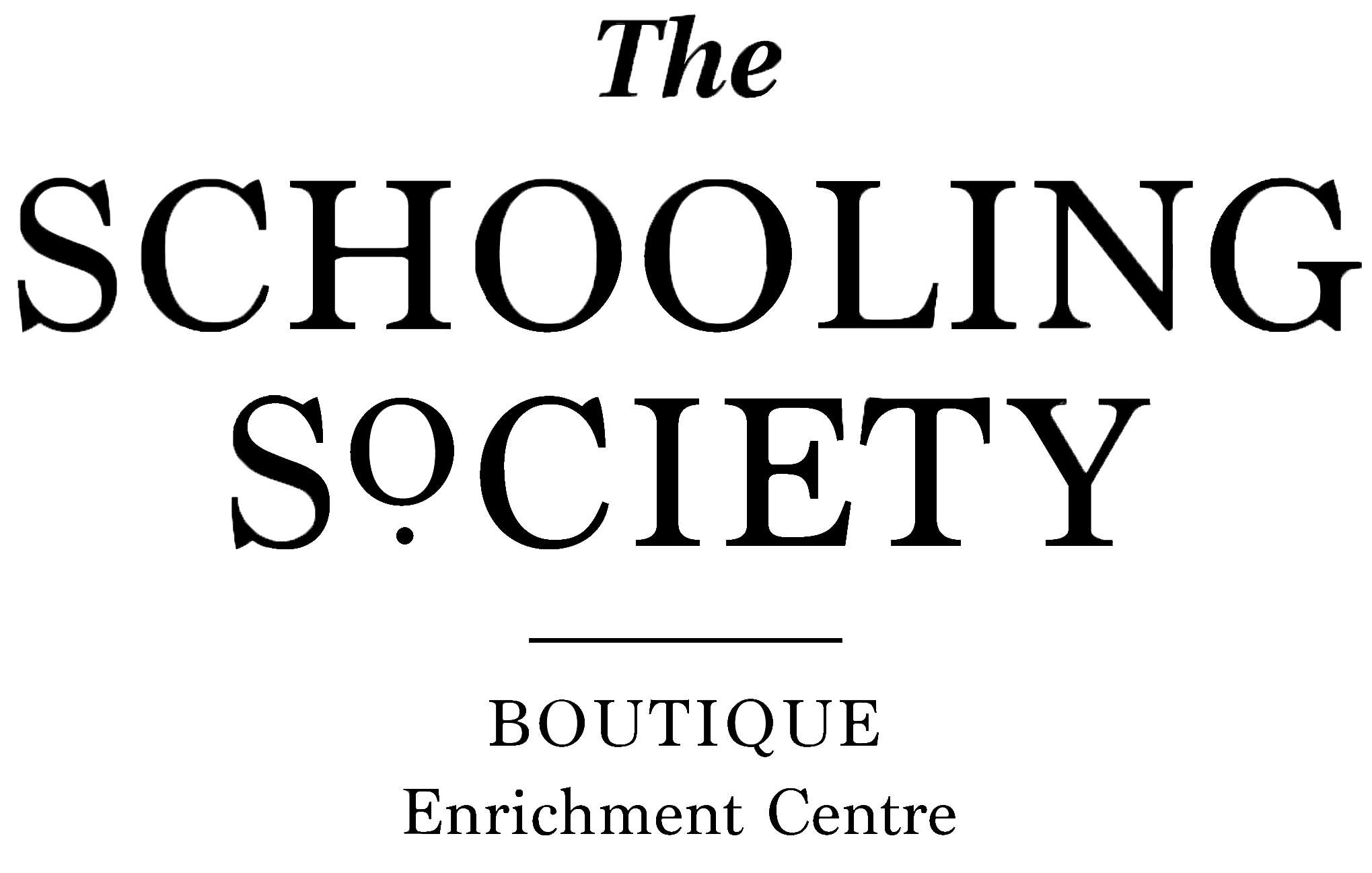Each and every one of us knows of someone who was an excellent student in school but who somehow did not go on to fulfill this potential beyond school. The popular belief is that these stellar students find it hard to cope with working life because they do not have the street smarts to navigate the unpredictable roads of real life.
Why Is There A Gap?
1. The mismatch between natural talent and passion with tertiary education
A student who is a naturally gifted writer decides to do a degree in accounting despite the fact that she has no interest in money or finances. Such a student is likely to feel frustrated, bored and not accomplished doing a job that does not match her interests.
2. The mismatch of knowledge and skills with market demand
At a job interview, a fine arts student is surprise to know that she needs to be able to illustrate digitally. She has no idea that today’s illustrators and animators have to be digitally competent. She wonders why no one ever told her.
This is a common and unfortunate problem. Many students choose courses that reflect what they enjoyed learning in school. There is nothing wrong with this except that many graduate, only to find themselves jobless. While it is popular to say that we should all do what we like, in reality, it’s not too enjoyable being jobless.
There is also a tendency for strong students to automatically apply for highly sought-after courses such as medicine and law. Many jump at the opportunity to enter prestigious universities despite the fact that they have little interest in the courses offered. Having the maturity to really think about what suits them best is what separates the more successful students from the idealistic ones.
3. The mismatch of expectations
The trend is for fresh graduates to look for jobs that give them a great degree of autonomy and time flexibility. While this is possible in some industries, most jobs still require employees to turn up regularly for work and to have physical access to one another. Human contact is still important when people need to bond, brainstorm and discuss issues.
4. Inadequate non-academic skills
The inability to work with others is most often cited to explain why some brilliant students do not do well in real life.
Closing The Gap
In reality, many less academically inclined students do very well in their work life. This group of people often exhibit many of the following characteristics:-
- The willingness to consider new ideas and learn new skills
- The willingness to admit to mistakes and not fixate on ‘face’
- The willingness to ask when unsure
- The willingness to work hard
- The ability to be patient and to be able to look long term
- Self-motivated and self-disciplined
- Having a positive and optimistic attitude
- Understanding the importance of being a team player
- Appreciating the value of a stable job and working environment
- The humility to be self-reflective and self-accountable
- Taking pride in one’s work
- Being adaptable and flexible
- Being proactive e.g. thinking ahead and offering solutions
- Having high EQ i.e. having the ability to understand, emphatise and anticipate other people’s thoughts and actions
Written by The Schooling Society (TSS)




